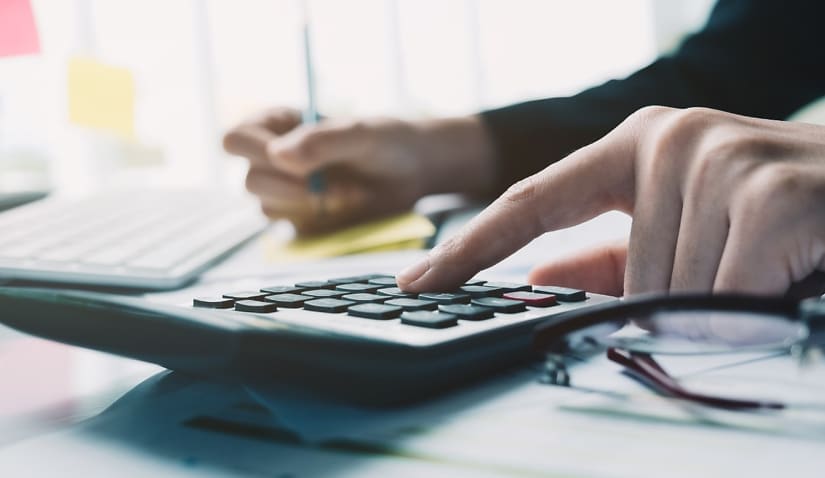Come tax time, SMEs and boutique firms should be focused on accurate record keeping and ensuring they are tax-compliant, according to this professor.

In conversation with Lawyers Weekly, Dr Melissa Belle Isle, associate lecturer in taxation law at Griffith Business School, revealed the kinds of tax risks and challenges SMEs and boutiques should be aware of — and how they can prepare for them over the coming tax year.
“[In addition, SMEs should be], reporting and paying Superannuation Guarantee by the 28th day of the quarter after the expense is recognised; [for example] due dates for payment are 28 October, 28 January, 28 April and 28 July. In order to be able to claim a tax deduction in the year the expense is incurred all obligations must be paid by 30 June of the relevant tax year. To claim a deduct in the following year, payment must be made by 28 July.”
In order to mitigate these risks, small businesses should be thinking about tax and cash flow, as well as whether they have saved for the tax liability and how tax will affect their profit margin moving forward.
“Is your business earning enough to pay you a wage and allow you to contribute to your own superannuation? Familiarise yourself with tax and super compliance dates and make these an important feature in the business calendar,” Dr Isle added.
“Remember that the tax portion of employee wages is not business cash. If it makes it easier to manage that liability, move the tax portion to a separate bank account or pay it to the ATO portal when it is incurred rather than at the date it is due for payment.”
Dr Isle also had some valuable tax tips for SME and boutique firms to be aware of over the next tax year — including what the recent rate rises mean moving forward.
“Be aware of how changes in interest rates will affect the ability to satisfy loan commitments. Is it possible to manage your debt so personal loans are reduced? Have you used your credit card for business purchases? Try to reduce the balance of these credit cards.
“Are there other sources of credit that could be used other than loans from financial institutions or is it possible to enter into a fixed interest rate agreement so that your repayment obligations can be budgeted for correctly without uncertainty of how these rates will change in the future. Pay down debt from superannuation if you are able to access it,” she explained.
“Be aware of the rules for temporary full expensing eligibility for the 2022 tax year. For purchases of motor vehicles, the car limit for 2022 is $60,733 (note there is no car limit for utilities if used for 100 per cent taxable purpose). Awareness of what assets are eligible for temporary full expenses could further assist in reducing the tax liability.”
During tax time, SMEs and boutiques should be focused on how they performed in the last fiscal year and speaking to their tax advisers about what can be improved upon, rather than just using them for tax compliance activities, according to Dr Isle, who said that record keeping should also be high on the priority list.
“Accurate record keeping of expenses ensures that businesses are claiming all allowable deductions which could lead to a lower tax liability, effectively meaning that small businesses will keep more cash in their business,” she said.
“Generally small businesses have accurate records of their income and the ATO has more tracing ability in terms of income generation. Expenses however are not as accurate or are often recorded incorrectly by the business. Small business owners need to ensure that they keep their records in a safe place or use the ATO app to keep them electronically if they don’t have an alternate system. The onus is on the small business to prove their deductions.”

Lauren is the commercial content writer within Momentum Media’s professional services suite, including Lawyers Weekly, Accountants Daily and HR Leader, focusing primarily on commercial and client content, features and ebooks. Prior to joining Lawyers Weekly, she worked as a trade journalist for media and travel industry publications. Born in England, Lauren enjoys trying new bars and restaurants, attending music festivals and travelling.